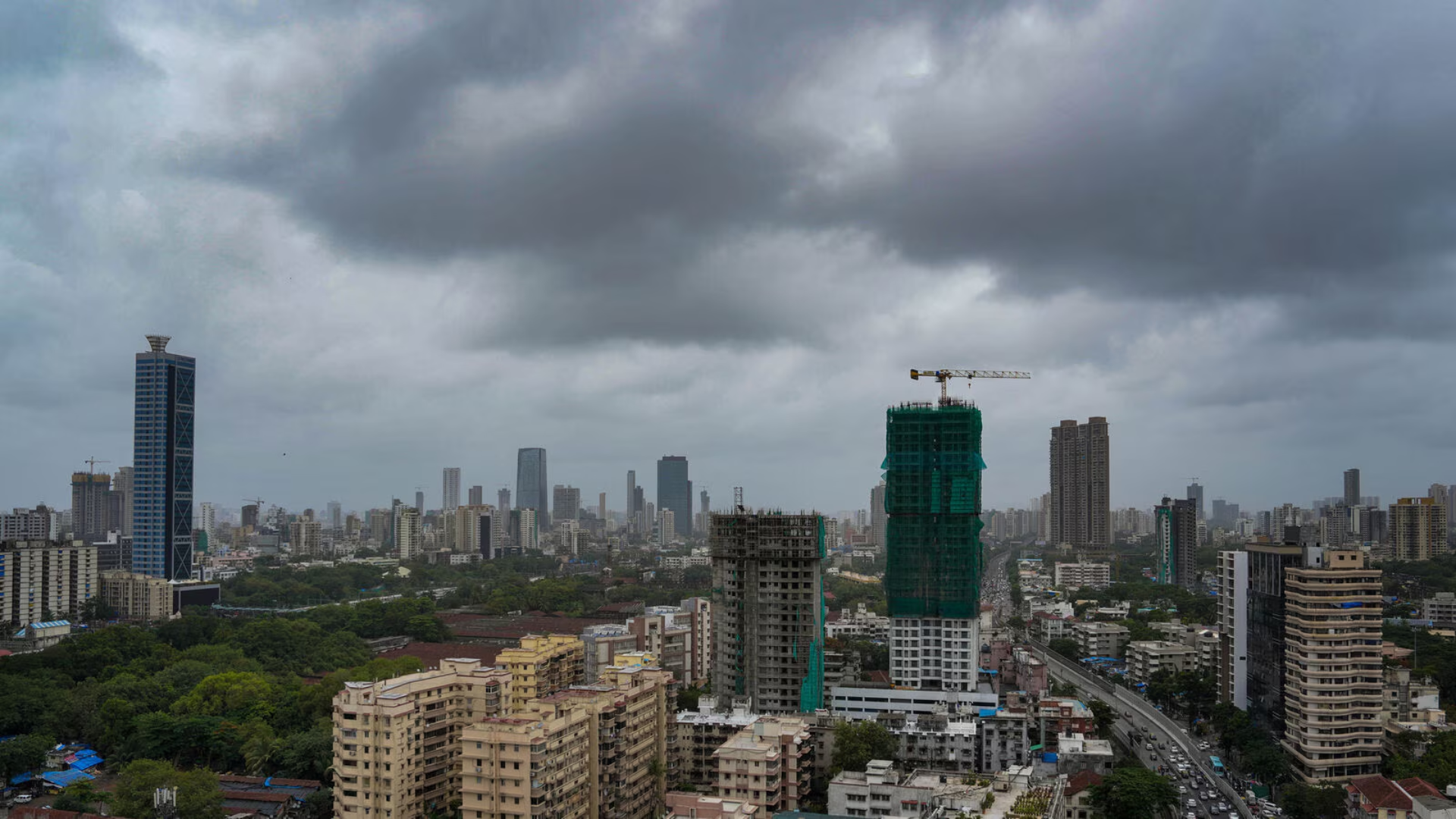

Anticipation is high as experts predict an earlier-than-usual arrival of this year’s Monsoon, driven by the simultaneous activation of the Indian Ocean Dipole (IOD) and La Nina conditions. The Indian Meteorological Department (IMD) is gearing up to unveil its long-range forecast for the Monsoon season, with forecasts suggesting potentially early and robust monsoon rains across several parts of the country.
The convergence of La Nina, characterized by cooler-than-average sea surface temperatures in the Central and Eastern Pacific Ocean, and the Indian Ocean Dipole (IOD), a fluctuation of sea-surface temperatures in the Indian Ocean, is a meteorological event of particular interest this year. This dual influence is expected to have a significant impact on the Southwest Monsoon, providing a unique opportunity for researchers to gather valuable data for refining dynamical models and conducting advanced rainfall-statistical analysis.
Most weather models indicate a positive IOD phase over the Equatorial Indian Ocean coinciding with the formation of La Nina in the Pacific. The simultaneous occurrence of these events, amidst the monsoon season, suggests the potential for heightened monsoon conditions typically observed from July to September.
During this period, monsoon lows, or depressions, are predicted to track a prolonged and consistent path towards West-Northwestern India and the North Arabian Sea. This trajectory hints at increased rainfall in these regions, primarily driven by monsoon lows during the peak of the monsoon season.
Analysis of the evolving La Nina conditions and the IOD phenomenon suggests a shift in the core monsoon convergence area towards the westerly direction. This shift triggers a response from the Arabian Sea near the Indian coastline, initiating large-scale upward motion that supports the prevailing monsoon system, leading to enhanced rainfall throughout the season.
The rare co-occurrence of the IOD and La Nina phenomena within the monsoon context presents meteorologists and climate scientists with a valuable opportunity to deepen their understanding of weather patterns.
Improved predictive capabilities resulting from this research will aid countries in better preparing and responding to changing climate patterns. This underscores the vital role of dynamic climate models and statistical analysis in modern climatology, paving the way for more accurate and timely forecasts of the Monsoon season.
Thackeray also raised concerns over river pollution in the name of religion, showing a video…
According to a report, the baby's mother, Maureen Brand, had briefly left the child in…
Inter’s upcoming fixtures include a crucial Champions League quarter-final clash against Bayern Munich, as well…
Pakistan's Ministry of Interior has asked Afghan Citizen Card (ACC) holders, staying in Pakistan, to…
Chamberlain’s contributions to television and film spanned more than six decades, and he continued acting…
Let us see how various cultures from UAE to US, celebrate Eid festive occasion.